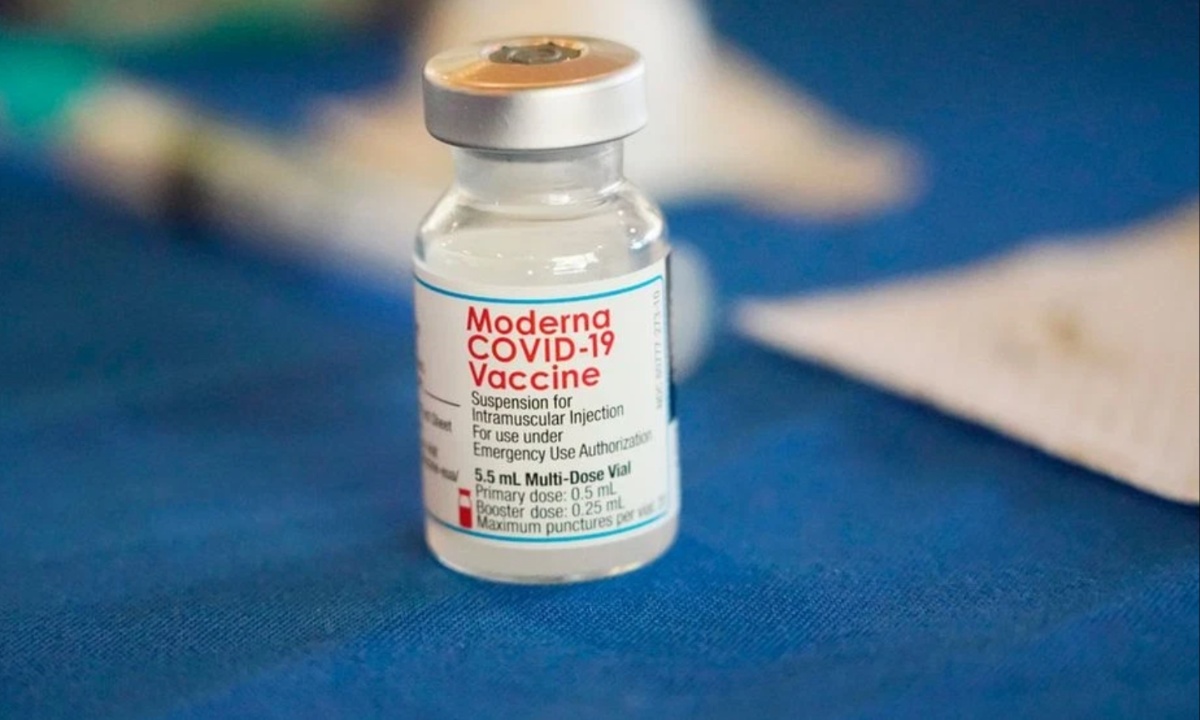The U.S. Food and Drug Administration (FDA) has approved a new COVID-19 vaccine developed by Moderna, named mNexspike. Unlike Moderna’s current vaccine, Spikevax, this newly approved shot is not intended to replace it but serves as a second option. The approval marks a significant step toward next-generation COVID-19 vaccines, utilizing a refined design that targets the virus more precisely, enabling it to be administered at just one-fifth the dose of the original.
Eligibility Restrictions Reflect Policy Shift and Political Influence on COVID-19 Vaccine Access
Unlike previous COVID-19 vaccines, the use of mNexspike is limited to specific groups. The FDA authorized it for adults 65 and older, as well as individuals aged 12 to 64 who have underlying health conditions that increase their risk of severe illness from COVID-19. These same restrictions are in place for Novavax’s recently approved vaccine, signaling a shift in federal vaccine policy and access.

The targeted eligibility criteria for mNexspike reflect a broader policy shift influenced by political dynamics, including skepticism from key figures in the Trump administration, such as Health Secretary Robert F. Kennedy Jr. This is a departure from earlier pandemic policies, where vaccines were broadly available across all age groups. The new, more cautious approach indicates a reevaluation of widespread vaccination efforts.
Clinical Trial Confirms Safety and Effectiveness Amid Funding Cuts for Future Pandemic Vaccines
The FDA’s decision was supported by results from a clinical trial involving 11,400 participants aged 12 and above. The study compared mNexspike with Moderna’s existing vaccine and found the new formulation to be safe and, in some measures, more effective than its predecessor. This evidence positions mNexspike as a valuable tool for protecting high-risk populations.
Moderna announced it will offer both vaccine options — the traditional Spikevax and the new mNexspike — during the upcoming fall season. However, the news of the new approval came amid controversy, as the Trump administration simultaneously canceled funding for Moderna’s efforts to develop a vaccine for future pandemic threats like H5N1 bird flu. This decision raises questions about the government’s long-term preparedness for emerging infectious diseases.
